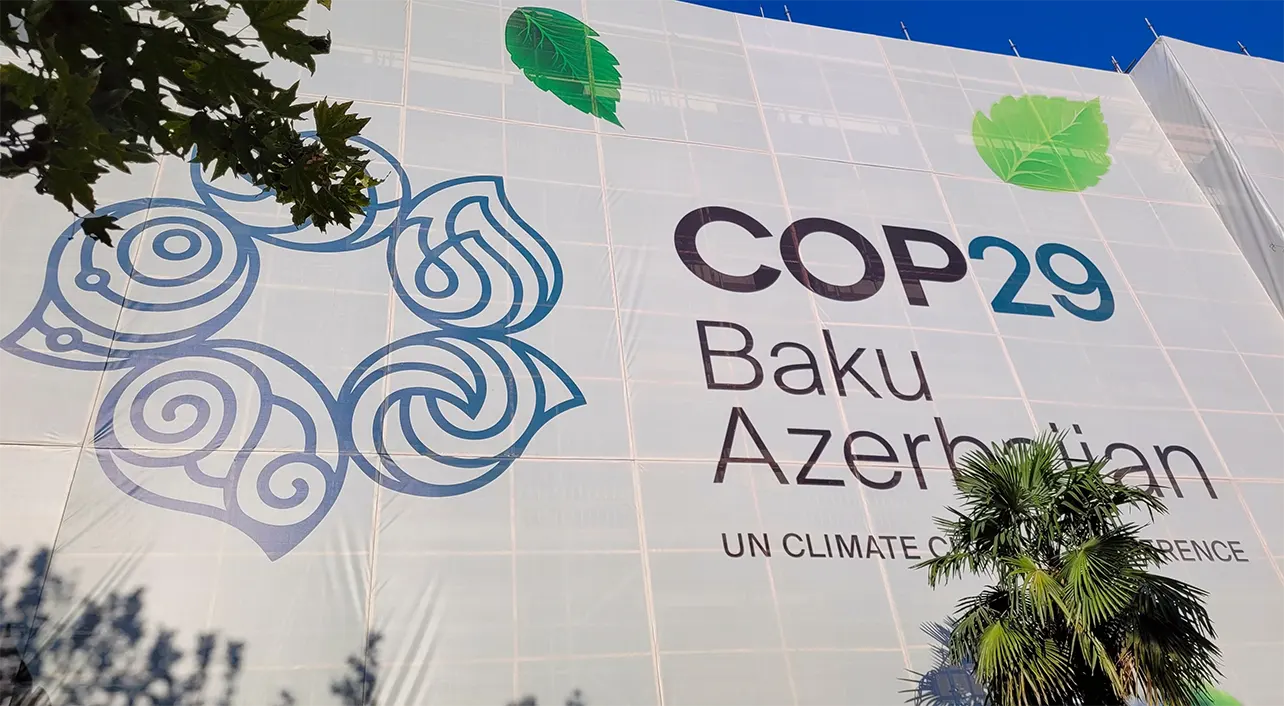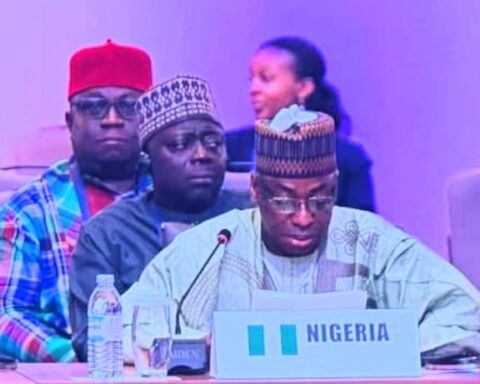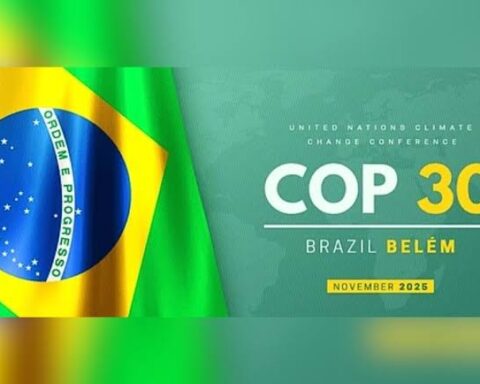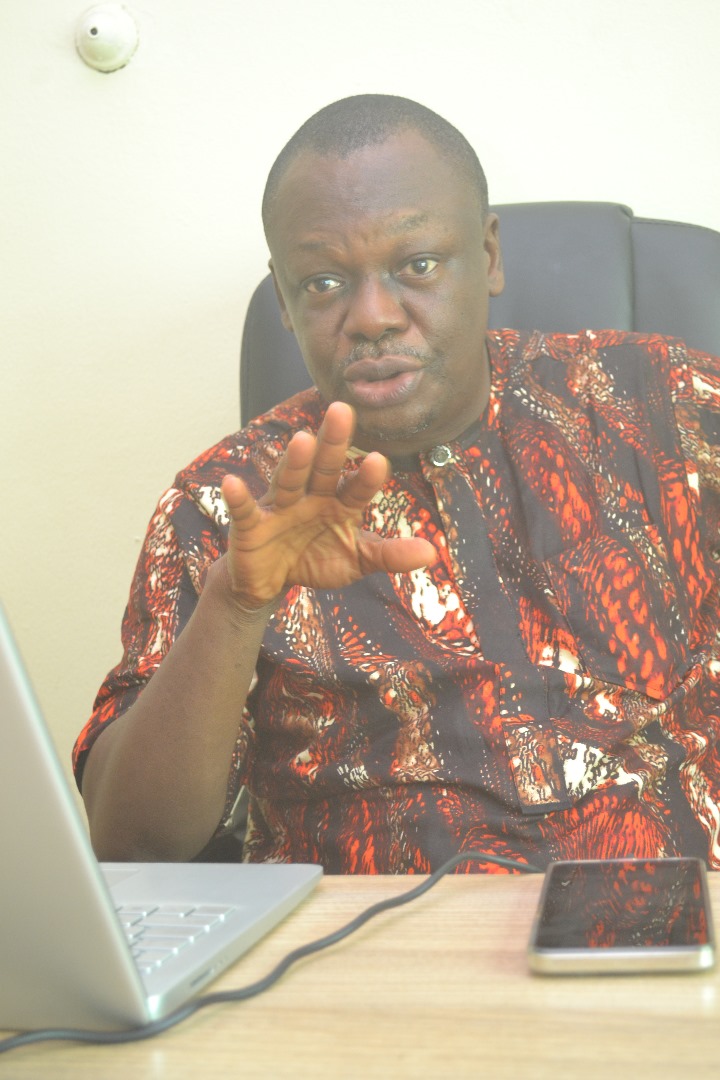Next week, the COP29 climate summit, slated to take place in Baku, Azerbaijan, is dubbed the “Finance COP” as the global community confronts the critical need for a new and more ambitious climate finance target.
This year, countries will negotiate a fresh global finance goal known as the New Collective Quantified Climate Finance Goal (NCQG), marking the first time in 15 years that nations will seek a new agreement on climate financing.
The Need for a New Target
Back in 2009, developed countries pledged to mobilise $100 billion annually by 2020 to help developing nations mitigate the impacts of climate change and adapt to its growing threats.
However, the global community fell short of meeting that target on time, with the commitment only being fulfilled in 2022.
Since then, the scale of the climate crisis has expanded exponentially, with countries in the Global South, including Nigeria, bearing the brunt of the consequences. Catastrophic flooding, desertification, and food insecurity are just a few of the devastating effects that many African nations face. As a result, developing countries are calling for significantly higher financial commitments to help them cope.
According to estimates from the World Bank and other global institutions, developing nations’ actual climate finance needs have skyrocketed, with figures now ranging between $500 billion and over $1 trillion annually.
The vast gap between what has been promised and what is required highlights the urgency of more robust and sustainable financial mechanisms. COP29 represents a pivotal moment for bridging this gap.
Challenges Ahead at COP29
While the need for climate finance is undeniable, one of the biggest challenges at COP29 will be agreeing on the exact figure for the NCQG. The negotiation will likely centre around balancing the minimum amount developing countries will accept and the maximum developed nations are willing to commit. The latter have often cited domestic economic constraints and competing priorities, limiting their ability to increase their financial contributions significantly.
Nigeria, as part of the African Union (AU), will be a strong voice in pushing for higher financial pledges. Speaking ahead of COP29, Nigeria’s Minister of Environment, Mallam Balarabe Abbas Lawal highlighted the disparity between countries that contribute the least to global emissions but face the harshest consequences of climate change.
He reiterated the need for equity and justice in climate finance discussions, stating that “Africa must not be left behind in the global transition to a more sustainable future.”
Beyond the overall financial figure, significant wrangling is expected over the terms of the NCQG. Key issues on the table include determining who the donor base will be, which countries will qualify as recipients, and how much funding should come from public versus private sources.
There is also debate over whether the majority of the funds should be in the form of grants favoured by many developing countries or loans, which could exacerbate debt burdens in already fragile economies.
New Agreements and Promises
Despite the challenges, there is optimism that COP29 will see progress. Mukhtar Babayev, the COP29 President-Designate and Azerbaijan’s Minister of Ecology and Natural Resources, emphasised during the Pre-COP29 meetings the importance of delivering on climate finance promises.
He pointed out that “action on mitigation saves lives tomorrow, and action on adaptation saves lives today.” His call to enhance ambition and enable action aligns with the expectations of many climate-vulnerable countries.
In a bid to address the historic under-delivery of climate finance, developed countries are under pressure to make new, more binding commitments at COP29.
Already, there are signals that some nations may be willing to increase their pledges. For instance, the European Union has indicated it could support a target closer to the upper range of the $1 trillion mark, though internal divisions within the bloc may complicate matters.
The United States, another critical player in these negotiations, is expected to face intense scrutiny. Having recommitted to global climate action under the Biden administration, the U.S. has a pivotal role in pushing for a more ambitious NCQG.
However, domestic political dynamics, including a potentially divided Congress, could limit its ability to commit significant new funds.
The Private Sector’s Role
Another major focus at COP29 will be the role of private sector financing in meeting climate goals. Public finance alone is unlikely to meet the growing demand, so there will be discussions on how to better leverage private capital for climate adaptation and mitigation projects.
This could include innovative financial instruments such as green bonds, blended finance models, and carbon markets.
Nigeria’s financial institutions, including the Central Bank of Nigeria, are also exploring ways to encourage private sector investment in climate-related projects, particularly in renewable energy and sustainable agriculture. These investments could help boost the country’s green economy while contributing to broader global efforts.
A Defining Moment for Climate Finance
As COP29 approaches, the stakes for climate finance have never been higher. The NCQG negotiations represent a once-in-a-generation opportunity to reshape global climate finance in a way that truly reflects the needs of vulnerable countries like Nigeria. For African nations, this is not just a technical discussion it is a matter of survival.
For Nigeria and other developing countries, COP29 will be a defining moment. The outcomes of these negotiations will determine whether the global community can rise to the challenge of supporting those most affected by climate change.
With ambitious goals, strong leadership, and inclusive financial strategies, COP29 could set the stage for a more equitable and sustainable future for all.
As the world turns its eyes to Baku, there is hope that this “Finance COP” will deliver on its promise to mobilise the resources needed to protect our planet and its most vulnerable populations.
By Dare Akogun








